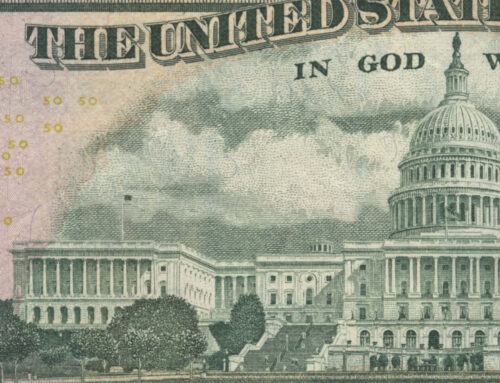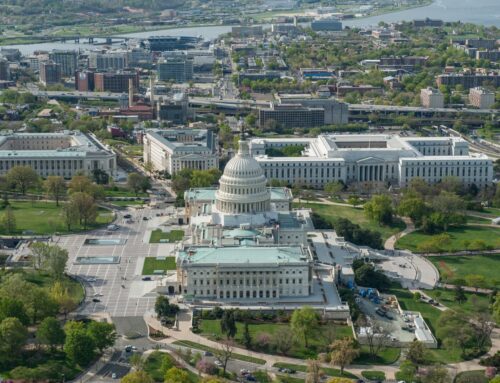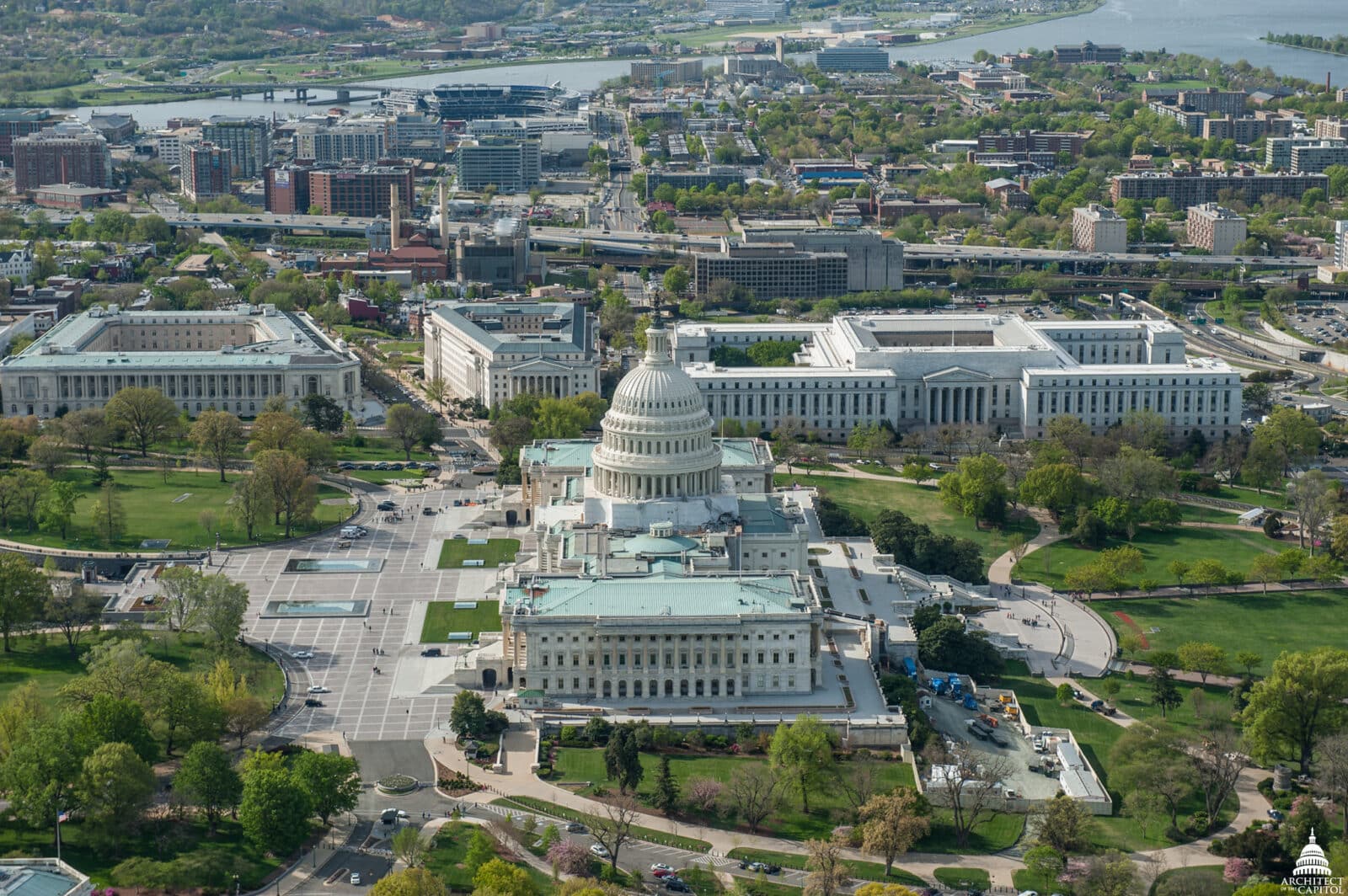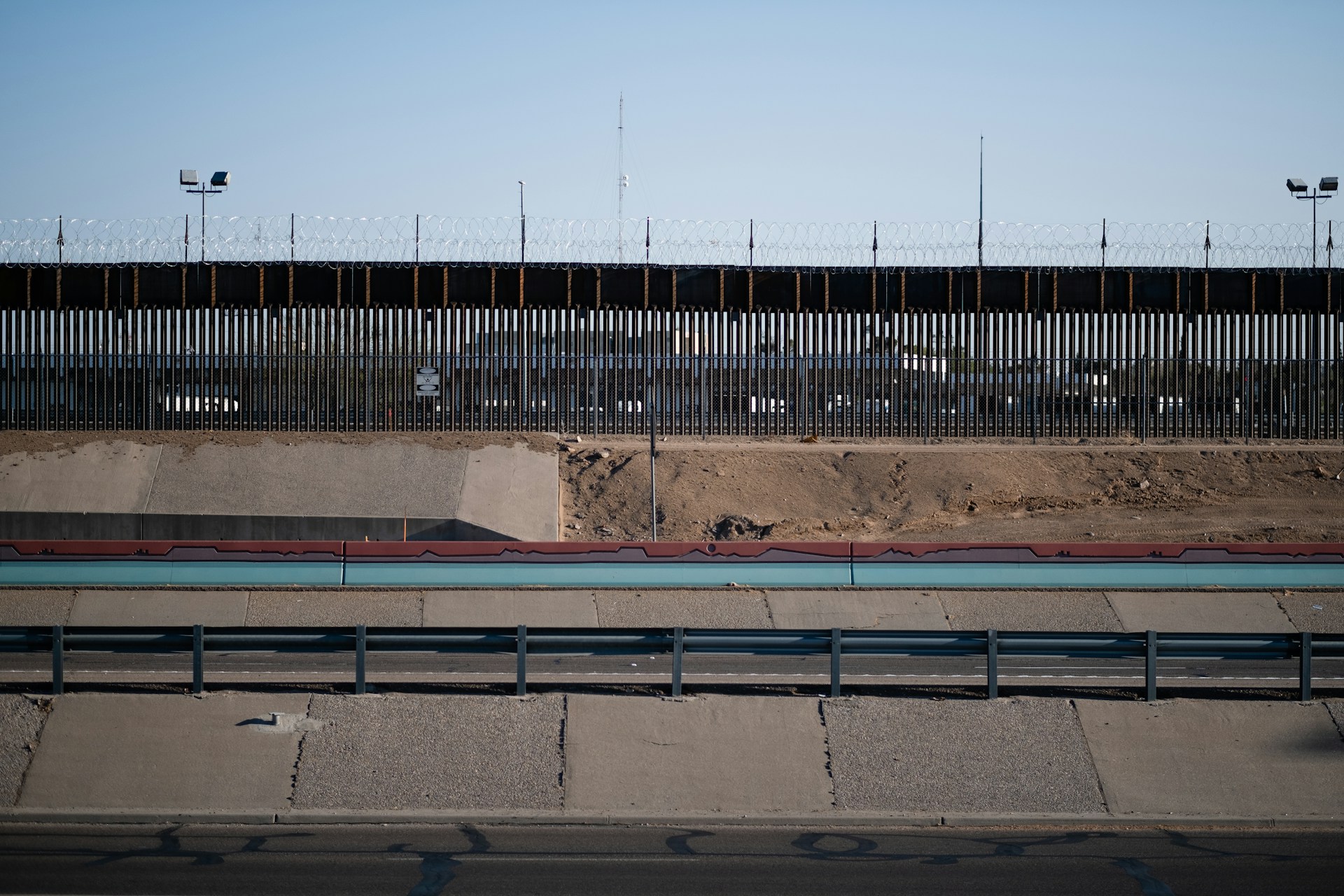Your tax money has gone to back saints, sinners and just about everyone in between.
Dozens of affiliates of Planned Parenthood, the country’s largest abortion network, collected tens of millions of dollars from the federal government’s coronavirus loan program, despite warnings from federal officials that they didn’t qualify.
At least 15 Little Sisters of the Poor affiliates also won millions of dollars in taxpayer-backed loans under the Paycheck Protection Program. So has the Archdiocese of New York, dozens of other dioceses, and thousands of Catholic churches and charities nationwide.
So have strip clubs, gun shops and distilleries.
Florida’s Democratic Party took the cash for its building fund in April, undercutting the complaint of its chairwoman, who called the PPP “a disaster” because it channeled cash to large corporations.
That’s not to say the well-heeled didn’t receive help, though.
Sidwell Friends, which schooled the Obama children and Chelsea Clinton and claims a $52 million endowment, took cash. So did Georgetown Preparatory School, which educated two Supreme Court justices and has an endowment reportedly in excess of $20 million, and Georgetown Visitation Preparatory School, with an endowment in excess of $30 million.
“The breadth in the entities receiving the funds underscores that just as the virus is indiscriminate in who it attacks, the economic disruption caused by the response to the pandemic is indiscriminate as well. It ripped across all facets of the economy,” said Steve Ellis, president for Taxpayers for Common Sense.
The Treasury Department and the Small Business Administration revealed a list this week of more than 600,000 entities that collected loans of at least $150,000. For-profit and nonprofit organizations were able to collect, as long as they promised the money would go toward preserving jobs in the early days of the COVID-19 pandemic.
Loans were distributed by banks but backed by Uncle Sam. They can be forgiven as long as the organizations meet requirements for keeping payrolls intact long enough.
The data shows ranges for each loan. The lowest was $150,000 to $350,000, and the upper range was $5 million to $10 million.
Michael McKenna, who worked in the Trump White House during the program’s creation and is now a Republican Party consultant and columnist for The Washington Times, said when measured by speed and effectiveness of getting cash to businesses, the PPP has been successful beyond expectations and sets a new standard.
“By recruiting local banks as their foot soldiers, it made this thing work a lot better than most other federal government programs,” he said.
Sen. Susan M. Collins, Maine Republican and one of the masterminds behind the program, said the data release showed how successful the PPP was in reaching small businesses. In Maine, 3 out of 4 small businesses got loans, supporting about 200,000 workers.
With the pandemic still raging, she is pushing for a second round of loans to help particularly hard-hit businesses that may struggle to survive the ongoing challenges.
The PPP is breaking new ground in many ways.
Usually wary about using taxpayer money to help religious organizations, the government has funneled tens of millions of dollars in loans to them this year.
Some are charities or schools, but others are churches and synagogues. In dozens of cases, it is Catholic dioceses.
“These taxpayer funds will be used to pay clergy to preach and proselytize,” said Roy Speckhardt, executive director of the American Humanist Association. The organization, which battles church-state conflicts, collected a loan itself of $150,000 to $350,000.
Mr. Speckhardt said the loans already were distributed and the pandemic was an undoubtedly “extreme circumstance,” but he said “government needs to now redouble its efforts to avoid future such unconstitutional religious entanglements.”
Rob Boston, senior adviser at Americans United for Separation of Church and State, said it’s understandable that churches, particularly small ones serving struggling communities, turned to the government for assistance, but he added that the government will cross a line if it forgives those loans.
“The American government at the federal level has never subsidized houses of worship to pay for the salaries of their clergy, which we believe the First Amendment clearly forbids,” he said.
Americans United, which did not apply for a loan, warned that those that take Uncle Sam’s help leave themselves open to deeper entanglements, such as reporting and potential audits.
“With government funding comes government oversight. Distorting the relationship between religious institutions and government serves neither,” Mr. Boston said.
The Planned Parenthood money also has been controversial.
The organization initially said it wouldn’t be eligible, but it became clear in late May that dozens of the network’s local affiliates had applied. The Treasury Department warned that it would ask for the money to be returned.
Sen. Marco Rubio of Florida, chairman of the Committee on Small Business and Entrepreneurship, led Senate Republicans in demanding a fraud investigation.
Six weeks later, 44 Planned Parenthood affiliates are listed as having received as much as $150 million. The records say the money saved more than 7,500 jobs.
All sides have now clammed up.
Mr. Rubio’s office, the Treasury Department and the Small Business Administration all ignored multiple requests for comment. So did more than a half dozen of the larger Planned Parenthood outlets.
Clean-energy groups complained this week about loans that went to fossil fuel companies. Others griped that corporations with workplace safety or environmental violations on their records were allowed to collect loans.
When the PPP was being crafted, Mr. McKenna said, there were conversations about whether organizations such as Planned Parenthood could be excluded. But he said carving out one group or category would have ignited lengthy fights over others.
“Ultimately, nobody could figure out any simple, clear rule of who’s in and who’s out,” he said.
At a critical time, speed triumphed.
Mr. McKenna said that set the PPP apart from efforts such as the 2008 Wall Street bailout and the 2009 stimulus.
“Unlike the Bush administration and unlike the Obama administration, this particular government response to an emergency economic situation was directed at actual people: consumers, homeowners,” he said. “It was not directed at financial firms, it was not directed at rich people, it was not directed at multinationals.”
Using banks as the conduit for cash meant that those who bank had the chance to get loans. It also explains why Black-owned businesses, which for many reasons are less connected to the financial world, struggled — and why every business down to the local bar or strip club was able to get money.
That includes Deja Vu Showgirls in Las Vegas and PaperMoon Springfield, an adult establishment in Northern Virginia.
Still to be seen is whether any stigma attaches to those who took the loans, but the breadth of takers, and the fact that the money was intended to keep people on payrolls during the pandemic, makes that less likely.
“Many of these businesses were operating completely fine, then they shuttered their doors, sent their employees home, because it was a public health crisis. Many of these business — most of these businesses — did nothing wrong. In fact, they did the right thing,” Mr. Ellis said.
His group pushed for public accountability for the program, including the release of those benefiting. Taxpayers for Common Sense itself was listed for a loan of $150,000 to $350,000.
The organization is not alone in the advocacy community. The libertarian-leaning R Street Institute is listed for a loan of $1 million to $2 million, and so is the Bipartisan Policy Center.
CarbonFund.org, which offsets greenhouse gas emissions, received a loan, as did the Center for Responsive Politics, which tracks political campaign fundraising and spending.
Hundreds of news organizations also participated. They ranged from local papers such as the Arkansas Democrat-Gazette, to niche publications like The Christian Post to national outlets including The Washington Times.
Businesses connected to some members of Congress benefited, as did the Congressional Black Caucus Foundation, with a loan of $350,000 to $1 million.
The Ohio and Florida Democratic parties collected loans of up to $1 million each.
Money for the Florida Democratic Party went to its building fund. That was particularly striking given that the party’s chairwoman, Terrie Rizzo, mocked the PPP in May — a month after her organization received its loan — saying it was “a disaster” that bolstered large corporations.
The party didn’t respond to an inquiry from The Washington Times, but a representative told FloridaPolitics.com that it had no regrets about taking the cash: “Congress passed PPP to help ensure employers maintained payroll during this crisis and to keep people employed — and that’s exactly what FDP did.”













Get Social